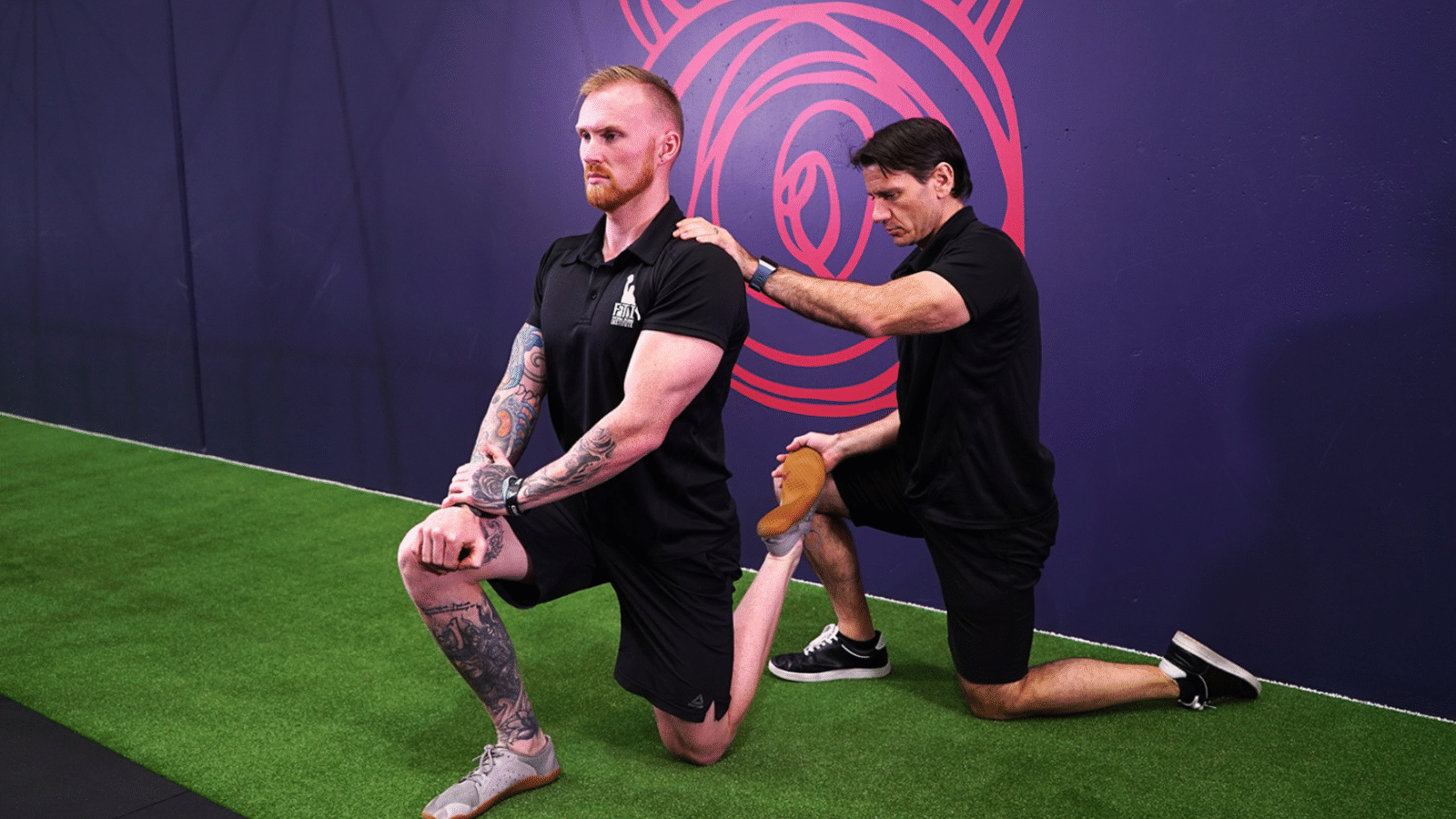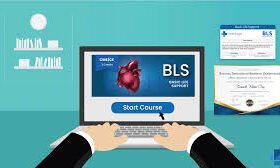Introduction: The Shift Toward Functional Fitness
The fitness industry is evolving rapidly—and at its core lies a growing emphasis on functional fitness. No longer is training just about lifting heavy weights or building muscle mass. Today’s clients want to move better, feel stronger, and perform daily tasks with ease and confidence.
That’s where Functional Fitness Certifications come in. For trainers, understanding how to improve real-world movement patterns has become a critical skill. It’s not just about exercise—it’s about helping clients live better, more mobile, and injury-free lives.
What Is Functional Fitness and Why Does It Matter?
The Science Behind Functional Fitness
Functional fitness is all about training the body for real-life movements—pushing, pulling, bending, lifting, twisting, and balancing. Instead of isolating muscles, functional training emphasizes multi-joint, compound movements that improve coordination, flexibility, and strength simultaneously.
How It Differs from Traditional Strength Training
Traditional gym workouts often focus on aesthetics and isolated muscle development. In contrast, functional fitness prioritizes movement efficiency and performance, mimicking everyday activities. This makes it ideal for everyone—from athletes to older adults looking to stay active.
The Importance of Functional Fitness in Modern Training
Improving Everyday Movement and Mobility
Functional training enhances how the body performs in daily life. From carrying groceries to climbing stairs, it improves movement mechanics, balance, and joint stability—key factors in long-term health and independence.
Building Strength That Translates to Real Life
Unlike machines that restrict motion, functional exercises strengthen muscles in patterns we use naturally. Movements like squats, lunges, or kettlebell swings replicate real-world tasks and improve practical strength.
Preventing Injuries and Enhancing Longevity
By strengthening stabilizer muscles and improving flexibility, functional fitness reduces the risk of injuries both in and outside the gym. It’s also proven to boost posture and joint health, supporting long-term well-being.
Why Trainers Need Functional Fitness Certifications
Professional Credibility and Client Trust
Clients want trainers who understand the mechanics of safe and effective movement. Earning a Functional Fitness Certification demonstrates professionalism, advanced knowledge, and commitment to holistic training methods.
Expanding Training Capabilities and Client Base
A certified trainer can work with diverse populations—athletes, seniors, rehabilitation clients, or those recovering from injuries. This adaptability increases your career opportunities and client reach.
Meeting the Demands of Today’s Fitness Market
The modern fitness industry is moving toward inclusive, sustainable, and functional training styles. Trainers who hold this certification are better equipped to meet client expectations and stay relevant in a competitive landscape.
Key Benefits of Functional Fitness Certification
1. Master Human Movement and Biomechanics
You’ll learn the science of how the body moves—from balance and coordination to muscle activation. This deep understanding allows you to correct poor form and design more efficient workouts.
2. Learn Program Design for All Fitness Levels
Certified trainers can create adaptable programs suitable for beginners, athletes, and rehabilitation clients alike, ensuring everyone progresses safely and effectively.
3. Integrate Functional Training into Any Fitness Routine
Whether it’s strength training, CrossFit, or yoga, functional fitness principles enhance every style of exercise. Trainers can seamlessly incorporate them into existing routines for maximum impact.
Inside ASFA’s Functional Fitness Certification Program
Overview of the Course and Learning Objectives
The American Sport and Fitness Association (ASFA) offers a comprehensive Functional Fitness Certification that focuses on practical, science-based movement education. Trainers gain skills to assess clients, develop functional movement patterns, and enhance overall performance.
What Makes ASFA’s Certification Unique
ASFA’s certification is:
- 100% online and self-paced
- Designed by industry experts
- Recognized globally across fitness organizations
- Affordable and accessible for professionals at any level
It’s not just about passing a test—it’s about becoming a confident, results-driven trainer.
Who Should Enroll in This Program
This certification is ideal for:
- Personal trainers
- Group fitness instructors
- Sports coaches
- Physical therapists and rehabilitation specialists
- Anyone passionate about functional movement and performance
Real-World Applications of Functional Fitness
Training Clients for Sports and Performance
Functional training is key for athletes who need agility, power, and balance. Exercises like medicine ball throws, plyometric jumps, and agility drills translate directly to improved performance.
Functional Workouts for Everyday Clients
For non-athletes, this training helps improve daily movements—sitting, lifting, walking, and climbing stairs. It’s perfect for clients who want fitness that feels useful, not repetitive.
Adapting Training for Seniors and Rehabilitation
Functional fitness plays a major role in aging gracefully. Trainers can help older clients improve mobility, reduce fall risk, and regain independence with low-impact, targeted movements.
How to Get Certified in Functional Fitness
Step-by-Step Enrollment Process
- Visit the official ASFA website.
- Select the Functional Fitness Certification course.
- Enroll online and access study materials instantly.
- Study at your own pace.
- Pass the exam and become a certified Functional Fitness Trainer!
FAQs About Functional Fitness Certification
- How long does it take to complete the certification?
Most students complete the online program within 4–8 weeks, depending on their schedule. - Do I need prior experience to enroll?
No. The certification is suitable for beginners and professionals alike. - Is this certification recognized internationally?
Yes, ASFA certifications are recognized and respected worldwide. - Can I integrate functional training into existing programs?
Absolutely. It complements strength, cardio, and sport-specific training perfectly. - What kind of clients benefit most from functional training?
Everyone—from athletes and seniors to everyday fitness enthusiasts—can benefit from better movement, balance, and strength. - Where can I enroll or learn more?
You can visit www.americansportandfitness.com/products/functional-fitness-certification to get started today.
Conclusion: Elevate Your Training Career with Functional Fitness Expertise
In an era where wellness and functionality are top priorities, Functional Fitness Certifications have become essential for any serious fitness professional. They empower trainers to move beyond isolated workouts and create dynamic, purposeful, and life-improving programs for their clients.
With ASFA’s certification, you’ll not only master the science of movement—you’ll also build a career grounded in knowledge, impact, and results.















Leave a Reply